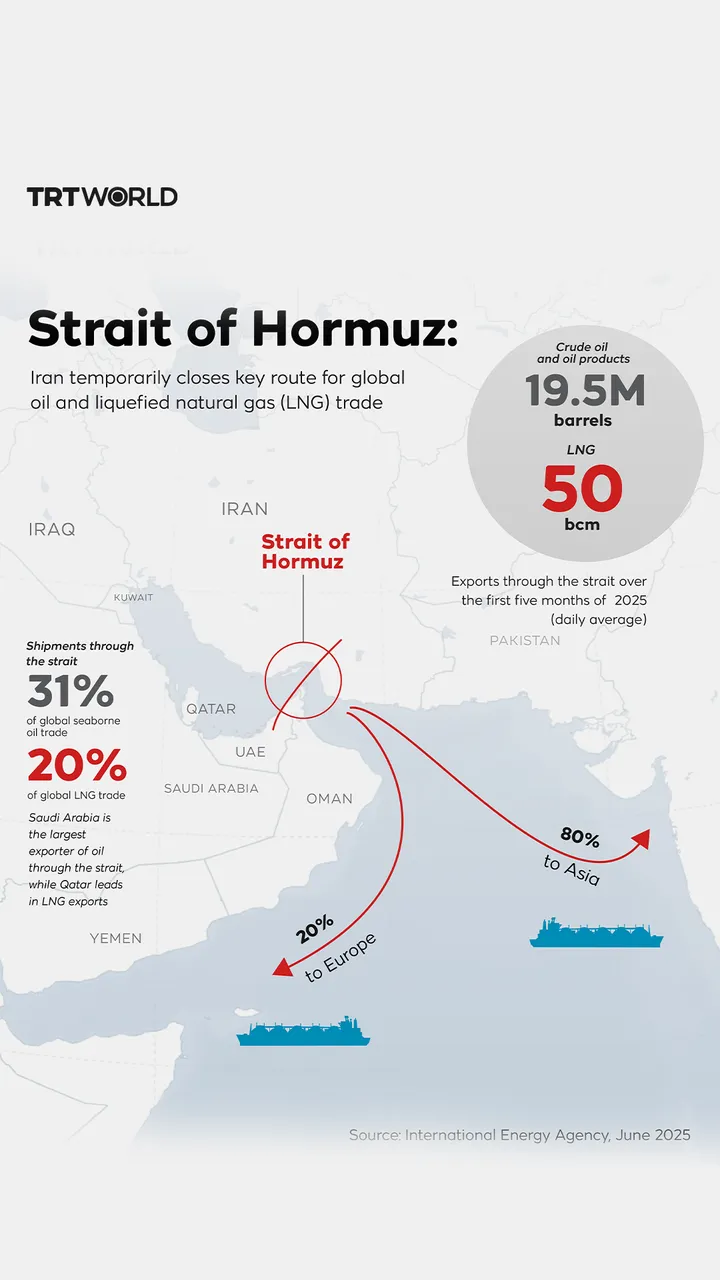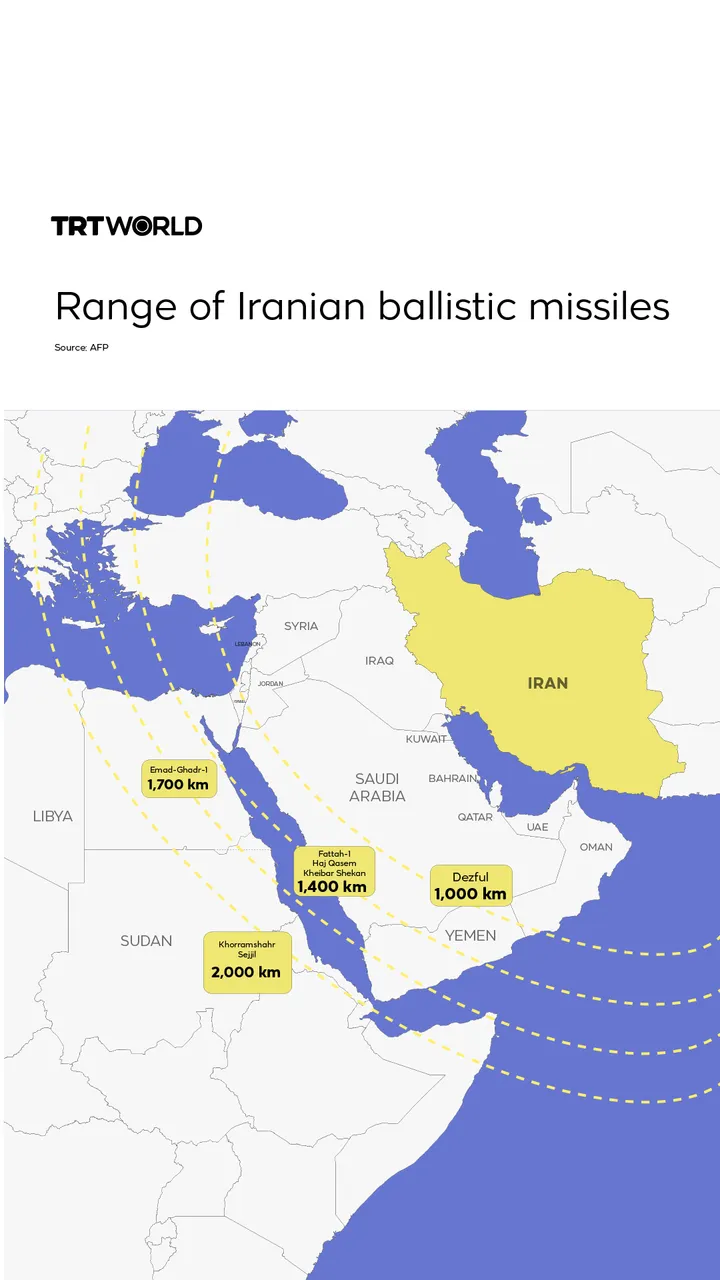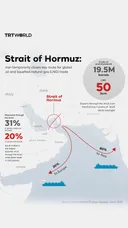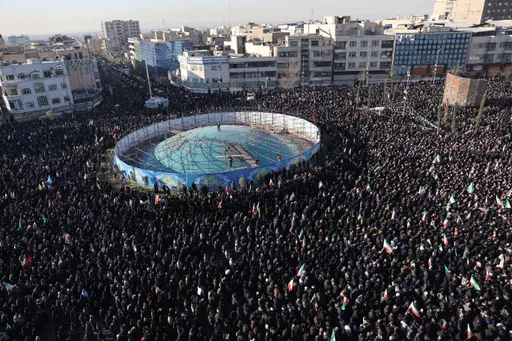Though protected by Russia and Iran, Bashar al-Assad has been an international pariah for the past ten years of the genocidal war he has waged against Syrians.
The tyrant has of course never even nearly faced any kind of justice for one of his almost uncountable criminal actions. However, the monstrous quantity and quality of such criminality, not least his unleashing of sectarian death squads, mass murder of civilians, creation of extermination camps, large-scale ethnic cleansing and chemical weapons attacks, was at least recognised by of most of the world as to warrant the casting of Assad beyond normal world order.
It thus might baffle some of those invested in the fate of Syria to see how quickly his pariah status is unravelling. At the beginning of the month, the Biden administration effectively announced it would unite with the Assad regime to pipe Egyptian gas through Syria into Lebanon, which is currently facing a crippling power crisis.
This new co-operation between the US and Assad will involve the partial lifting of sanctions on the Assad regime, a move that seriously shifts US policy away from both Obama and Trump who, jointly with the EU, policed sanctions against his regime vigilantly.
There ought to be no mistake about this move: it both ideologically and functionally normalises the Assad regime and his crimes. Immediately after the announcement, Lebanon sent its most senior delegation to Damascus since the beginning of the civil war. The Arab countries most invested in rehabilitating Assad, such as the UAE, Jordan and Saudi Arabia, consider it to be a major victory for their lobbying efforts in Washington for the US to enthusiastically work with Assad in this manner.
Though its significance might have quite deliberately slipped under the radar, this move is borne out of Biden’s realist, neo-isolationist, multilateralist foreign policy agenda, one which happily shoves aside matters like human rights abuses and genocide for the sake of US economic and geopolitical self-interest.
It is, within the dynamic of US domestic politics, the ‘liberal’ version of Trump’s ‘America Firstism’. Though the US has always had this capacity as a global power, Biden has, more than both Obama, who first abandoned Syrian rebels to Assad, and Trump, who continued Obama’s policy, enacted this foreign policy model in an unprecedented manner.
Biden came to office promising a foreign policy agenda that placed ‘human rights’ first. The reality, however, has been far removed from this: whether it’s the abrupt abandonment of Afghanistan to the Taliban or his continued monetary support for the totalitarian Sisi regime despite its constant human rights violations, Biden has shown that only vague lip service to human rights will be paid by his administration when it comes to US interests.
Far from Biden serving as a beacon of hope against growing tyranny in the world, his administration has in its relatively short life, under the Orwellian liberal cover of slogans such as ‘ending the forever wars’ and ‘getting out of the Middle East’, bolstered tyranny and illiberalism in the region and the world.
This is of course not to endorse, as critics of this position might argue, the idea of the US as the world police. Take Afghanistan: if the manner of the US invasion and occupation of that country in 2001 was an original sin, true contrition for such a sin cannot simply by washing your hands of it in the manner Biden did. The way in which his administration abandoned the people of Afghanistan to theocratic tyrants who have absolutely no regard for human rights is the ultimate example of the Biden model of foreign policy.
There’s no reason to expect then that Biden will suddenly find a conscience over Syria – as the vice president to Obama, he was only too happy to support the abandonment of Syrian democrats, reformists and anti-Assad rebels, not to mention millions of civilians, to the savagery of Assad, Russia and Iran.
Moreover, with Biden’s key allies in the Arab world, themselves some of the most ruthless human rights abusers on earth, seeking to bring Assad in from the cold as an attempt to weaken the tight Iranian hold over the Baathist despot, the gas co-operation deal could be the beginning of a much wider rapprochement.
As was their model with normalising Sisi’s brutal coup against democracy in Egypt, the UAE and Saudi are dangling the prospect of lucrative economic opportunities of ‘reconstruction’ in Syria, as well as using the tried and tested justifications of ‘security’ and ‘stability’.
It’s with dark irony now that the proponents of the normalisation of Assad are claiming that it’s his regime, this entity that has for ten years sowed arguably the most brutal terroristic chaos since WWII, with ramifications reaching across the world, that somehow holds the key to stability and security in the region. This is the same regime whose crimes directly fostered the rise of Daesh.
A leopard cannot change its spots and Assad’s main priority remains the conquest of all of Syria, including Idlib, the last rebel-held province. With the US listlessly reacting to recent violence by Assad in Daraa and Idlib, the fear is that the creeping normalisation of his regime would coax an attempt at a final assault on the province, leading to even more death, cleansing and the creation of millions of refugees and a fresh crisis in the region – in other words, more chaos and more blood put into global waters already poisoned with illiberal tendencies.
Even if the US never formally normalises relations with Assad, Biden’s soft approach to the tyrant can only motivate Assad and his allies to more violence, repression and chaos.
This is the foreign policy path that Biden is paving in Syria and around the world.




























